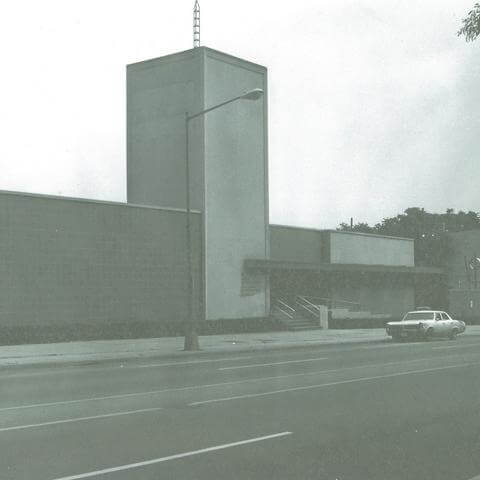History
The teaching of business and management at Howard University began in 1870, when the Board of Trustees established a commercial school.
In 1925, it was absorbed by the College of Liberal Arts and reorganized as the Department of Commerce and Finance.
The present-day School of Business was founded in 1970 with Dr. Milton Wilson as Dean. Over time, it became the second largest School within the University, establishing its reputation for excellence in both the academic and business communities. In 1976, the undergraduate program became the first in Washington, D.C. to be awarded accreditation from the American Assembly of Collegiate Schools of Business (AACSB). When the MBA program gained AACSB accreditation in 1980, it likewise became the first in Washington, D.C. to receive AACSB accreditation. At that time, Howard University became one of only 153 schools in the nation with an accredited Master of Business Administration (MBA) program out of the more than 500 institutions granting the MBA degree. Separate AACSB accreditation for the Accounting Program was obtained in 1989. At that time, Howard was one of only 69 universities nationwide with this designation.
In 1866, the idea of an institution for the education of African-American clergymen was presented and soon expanded to include a provision for establishing a University in Washington D.C. The new institution was named for General Oliver O. Howard, a Civil War hero who was both a founder of the University and, at the same time, commissioner of the Freedman’s Bureau. The University’s charter, as enacted by Congress and subsequently approved by President Andrew Johnson on March 2, 1867, designated Howard University as “a University for the education of youth in the liberal arts and sciences.” Today, Howard is the only Historically Black College or University (HBCU) to have achieved Research 1 status under the old Carnegie Classification system and the only institution within this group to be truly comprehensive with respect to its array of undergraduate, graduate and professional degree programs. The University is comprised of 13 schools and colleges where approximately 10,000 students enjoy academic pursuits in more than 120 areas of study leading to undergraduate, graduate, and professional degrees. Since 1998, the University has produced nine Truman Scholars, two Marshall Scholars, one Schwarzman Scholar, four Rhodes Scholars, 60 Fulbright Scholars, and 22 Pickering Fellows.

